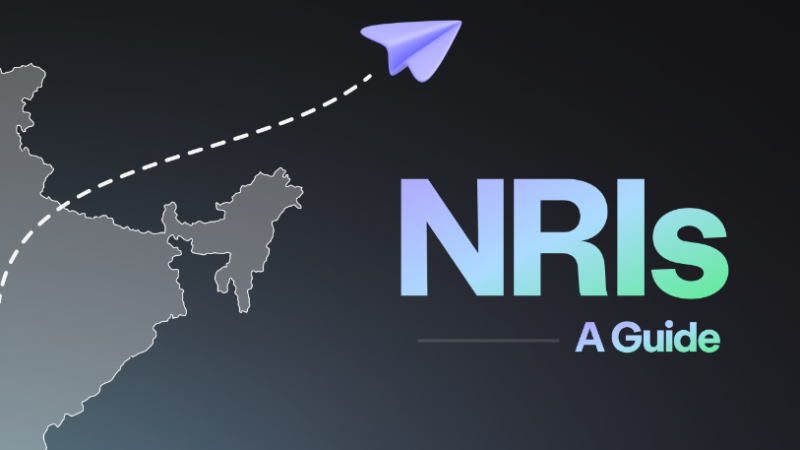Unraveling the Layers of FS: Understanding the Meaning and Significance

In the labyrinth of technological jargon, the acronym “FS” may seem like a mere arrangement of letters. However, behind this seemingly simple abbreviation lies a multifaceted meaning that spans various domains. Whether you’re delving into the realms of computing, finance, or even everyday conversations, FS carries diverse connotations. In this article, we will embark on a journey to unveil the layers of FS, exploring its meanings and significance across different contexts.
-
File System in Computing:
One of the most common uses of FS in the tech realm refers to “File System.” In computing, a file system is the mechanism used by operating systems to organize and store data on storage devices like hard drives and SSDs. It defines how data is stored, retrieved, and managed on these devices. File systems play a crucial role in maintaining the hierarchical structure of files and directories, ensuring efficient data access and storage.
Understanding the intricacies of file systems is essential for computer professionals, as it influences the performance, reliability, and compatibility of storage devices. Notable file systems include NTFS (New Technology File System), FAT32 (File Allocation Table), and ext4 (fourth extended file system), each tailored for specific use cases.
-
Financial Services:
In the financial domain, FS stands for “Financial Services.” This broad term encompasses a wide range of services provided by the financial industry, including banking, investment, insurance, and more. Financial services play a pivotal role in the global economy, facilitating transactions, managing risk, and supporting economic growth.
Within the FS sector, there are various subdomains such as banking services, investment management, and insurance products. The integration of technology has transformed the landscape of financial services, giving rise to online banking, robo-advisors, and blockchain-based solutions.
-
Full Stack Development:
In the realm of software development, particularly web development, FS can stand for “Full Stack.” Full Stack Developers possess expertise in both front-end and back-end development, covering the entire spectrum of technologies required to build a functional web application. They are proficient in languages like HTML, CSS, JavaScript (for front-end) and server-side languages like Python, Ruby, or Node.js.
Being a Full Stack Developer requires a comprehensive understanding of databases, server management, and client-side scripting. This holistic approach enables developers to create seamless, end-to-end solutions, making them valuable assets in the rapidly evolving tech industry.
-
Flight Simulator:
For aviation enthusiasts and professionals, FS often refers to “Flight Simulator.” Flight simulators are sophisticated training tools that replicate the experience of flying an aircraft. Pilots use these simulators to hone their skills, practice emergency procedures, and familiarize themselves with different aircraft models in a controlled environment.
Modern flight simulators incorporate advanced graphics, realistic controls, and simulated weather conditions, providing an immersive training experience. FS in this context has become an indispensable tool in pilot training programs, contributing to improved safety and efficiency in the aviation industry.
-
Free Software:
In the world of open-source software, FS can also stand for “Free Software.” Free software refers to programs that users can run, modify, and distribute without any cost. This concept emphasizes the freedom of users to control and customize the software according to their needs. The Free Software Foundation (FSF) advocates for the principles of free software, promoting user rights and community collaboration.
Notable examples of free software include the Linux operating system, the Apache web server, and the LibreOffice office suite. The free software movement has had a profound impact on the software industry, fostering innovation and collaboration on a global scale.
Conclusion:
In conclusion, the meaning of FS is far from one-dimensional. Whether you encounter it in the context of computing, finance, development, aviation, or software, FS adapts to various meanings that shape and define different industries. Understanding these diverse interpretations broadens our perspective, emphasizing the interconnectedness of technology, finance, and everyday life. So, the next time you come across the enigmatic abbreviation “FS,” consider the context, and you’ll likely uncover a rich tapestry of meanings beneath the surface.
1: What does FS stand for in computing? A1: In computing, FS commonly stands for “File System.” It refers to the mechanism used by operating systems to organize and store data on storage devices like hard drives and SSDs.
Q2: What is the significance of understanding file systems in computing? A2: Understanding file systems is crucial for computer professionals as it influences the performance, reliability, and compatibility of storage devices. It defines how data is stored, retrieved, and managed on these devices.
Q3: In the financial context, what does FS mean? A3: In finance, FS stands for “Financial Services.” It encompasses a wide range of services provided by the financial industry, including banking, investment, insurance, and more.
Q4: What are some examples of financial services within the FS sector? A4: Financial services include banking services, investment management, insurance products, and other services that facilitate transactions, manage risk, and support economic growth.
Q5: In software development, what does FS refer to? A5: In software development, FS can stand for “Full Stack.” Full Stack Developers are proficient in both front-end and back-end development, covering the entire spectrum of technologies required to build a functional web application.
Q6: What skills does a Full Stack Developer possess? A6: Full Stack Developers possess skills in front-end technologies like HTML, CSS, and JavaScript, as well as back-end technologies such as Python, Ruby, or Node.js. They are adept at database management and server-side scripting.
Q7: How is FS used in the aviation industry? A7: In aviation, FS often stands for “Flight Simulator.” Flight simulators are sophisticated training tools used by pilots to practice flying an aircraft, hone their skills, and simulate various scenarios in a controlled environment.
Q8: What features are commonly found in modern flight simulators? A8: Modern flight simulators incorporate advanced graphics, realistic controls, and simulated weather conditions to provide an immersive training experience for pilots.
Q9: In the context of software, what does free software mean? A9: In the software context, FS can stand for “Free Software.” Free software refers to programs that users can run, modify, and distribute without any cost, emphasizing user freedom and collaboration.
Q10: Can you provide examples of free software? A10: Examples of free software include the Linux operating system, the Apache web server, and the LibreOffice office suite. The free software movement promotes user rights and community collaboration.
These FAQs aim to provide concise explanations of the various meanings and contexts associated with the abbreviation “FS.” Whether in computing, finance, development, aviation, or software, understanding the specific meaning of FS in a given context is essential for clarity and effective communication.






